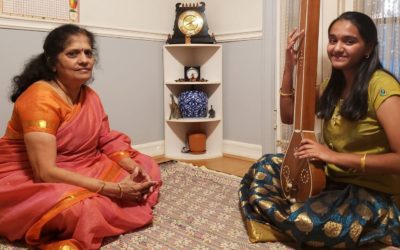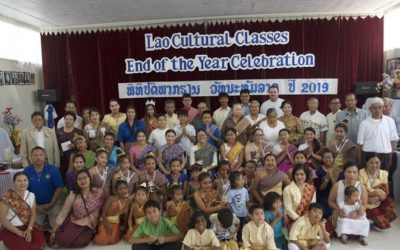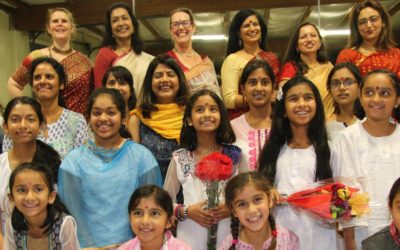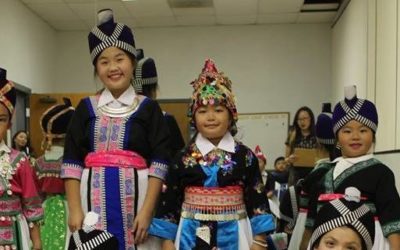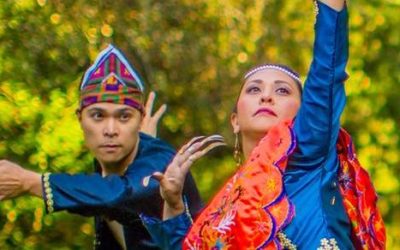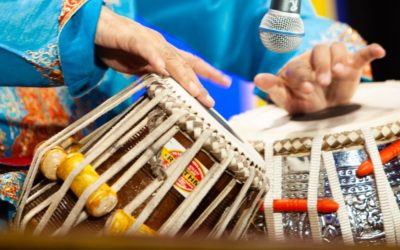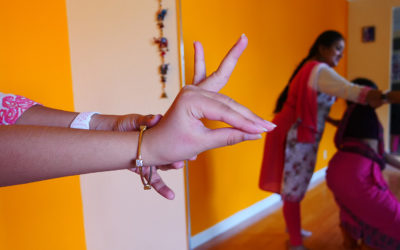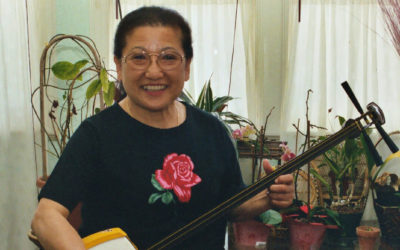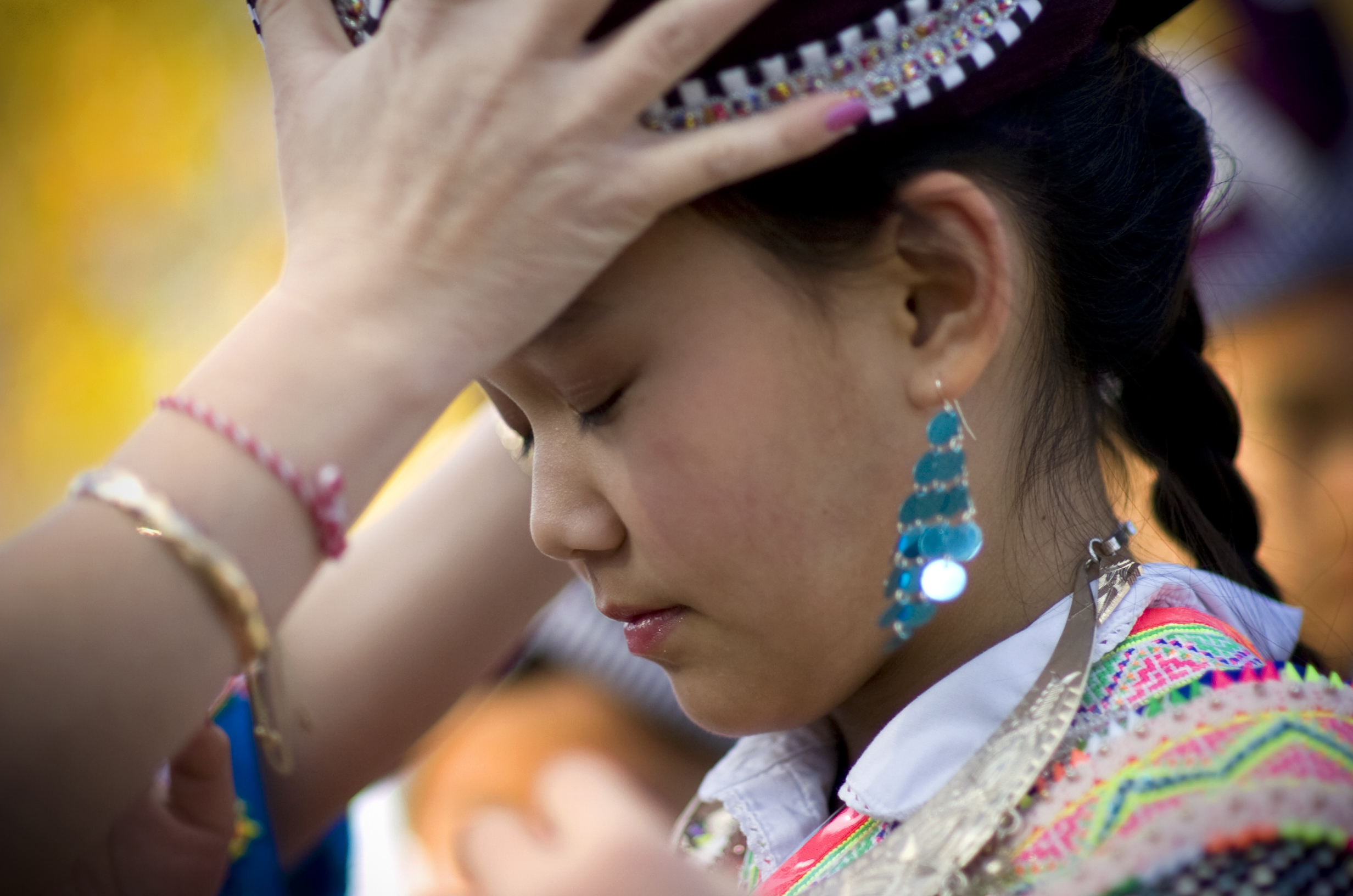Profile
Kamakani Komohana
Music and dances of Hawaii, Tahiti, Aotearoa, and Samoa
Profile
Shubha Narayan
South Indian Carnatic music
Promoting and preserving Lao culture
Profile
Chitresh Das Institute
Community, legacy, and service
Profile
Hmong Youth and Parents United
Empowering underserved communities
Pangalay dance of the Philippines
Indian classical music
Site Visits with ACTA's 2019 Apprenticeship Cohort
Through ACTA’s Apprenticeship Program, master artist Bernard Barros Ellorin has been working all year with his 2019 apprentice Kimberly (Kim) Kalanduyan in kulintang music from the Southern Philippines, which is played on a set of gongs that have different melodic…
Master artist in Japanese shamisen


